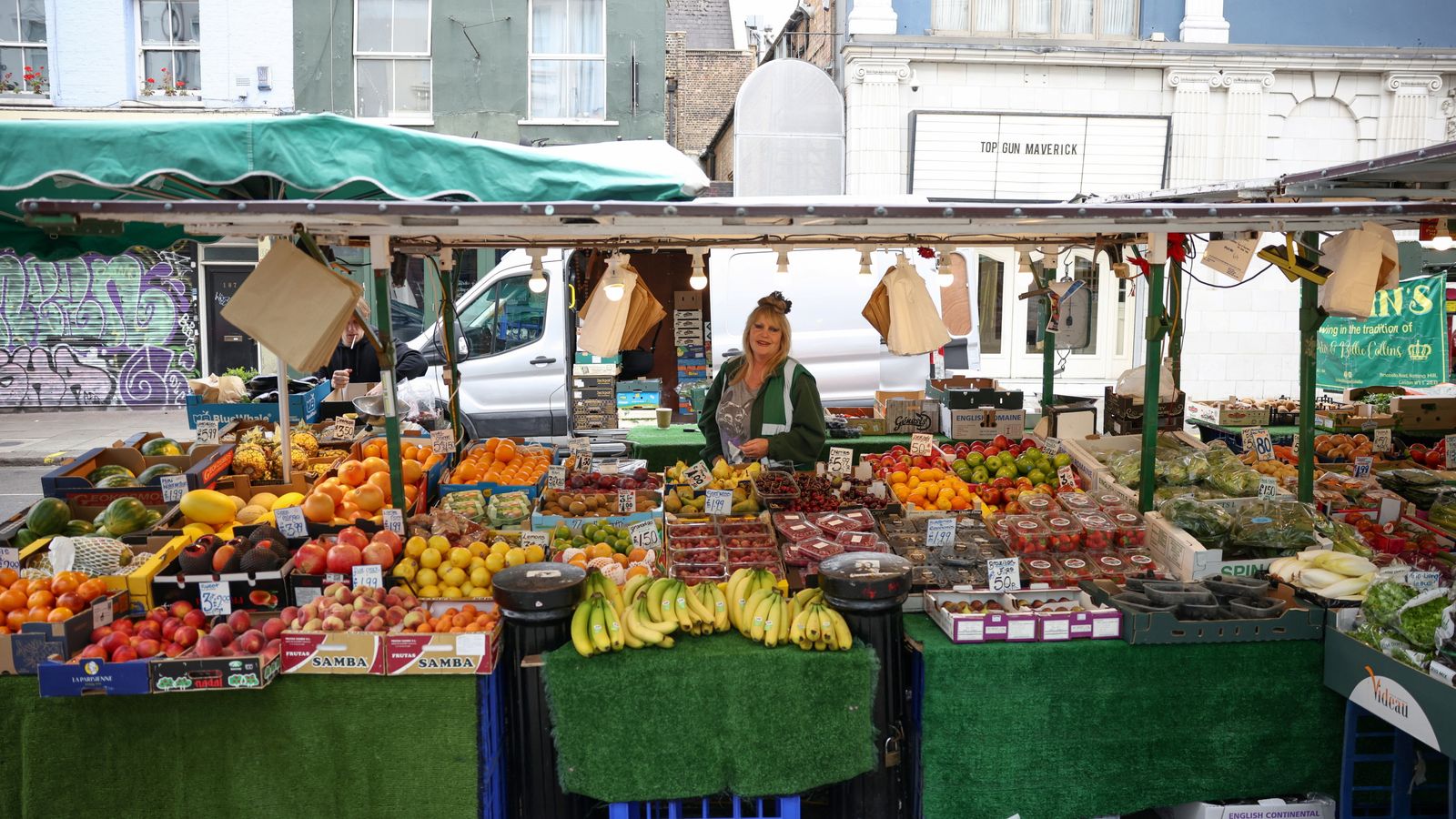Food shortages could become more common if the government does not secure domestic supplies, the National Farmers’ Union (NFU) has warned, while adding the UK will always be reliant on some food imports.
Environment Secretary Thérèse Coffey said on Thursday shortages of some fruit and vegetables in UK supermarkets could last for a month, while insisting the country’s food supplies were secure.
But the NFU has called on the government to ensure more food is grown here, while also strengthening supply chains and encouraging seasonal eating.
Ms Coffey came under fire for talking about seasonal British foods as a potential alternative to items running low in the shops because bad weather abroad had disrupted imports.
In the Commons yesterday she was asked if eating more seasonally and locally would help avoid food shortages, which have prompted purchase limits in some supermarkets.
Ms Coffey responded: “A lot of people would be eating turnips right now rather than thinking necessarily about aspects of lettuce, and tomatoes and similar.”
But she added she was “conscious that consumers want a year-round choice and that is what our supermarkets, food producers and growers around the world try to satisfy”.
Critics leapt on her ambiguous comments, interpreting them as a call to “eat turnips not tomatoes”, when she seemed to be making a point about eating seasonally.
“Let them eat turnips,” read the headline on the front page of today’s Daily Mirror.
Need for ‘focus’ on domestic food supply
Today the largest farmers’ organisation in England and Wales told Sky News Britain can’t live without some food from abroad.
“We will always rely on imports to some degree for produce we can’t grow here, or to ensure diversity of supply,” NFU deputy president Tom Bradshaw said.
But “as global volatility increases, it’s imperative the government focuses on building resilient domestic food supply chains,” he added.
Ms Coffey had blamed the shortages on “very unusual weather” in places like Morocco and Spain, which supply much of Britain’s fresh produce during dark winter months.
But the reduced imports compounded an existing shortage of vegetables like tomatoes and cucumbers.
These items are usually grown in heated, lit glasshouses during winter in the UK, but were planted later this year as farmers struggled to meet energy costs.
Please use Chrome browser for a more accessible video player
Risk of shortages happening more often
Today growers also warned stocks of British leeks would run out in April after crops suffered from a climate change-fuelled drought and record heat.
The NFU has urged the government to extend a support package for energy costs to horticulture and poultry, two energy-intensive industries that were left out of the financial scheme.
Failure to strengthen food supply chains will lead to “more instances like we have now where there’s less availability of home-grown produce and at times when imports are disrupted,” Mr Bradshaw told Sky News.
He also stressed the importance of “eating seasonally”.
He added: “It’s when British produce is at its best and often most affordable, and it’s a great way to support local farm businesses and sustainable diets.”
Watch the Daily Climate Show at 3.30pm Monday to Friday, and The Climate Show with Tom Heap on Saturday and Sunday at 3.30pm and 7.30pm.
All on Sky News, on the Sky News website and app, on YouTube and Twitter.
The show investigates how global warming is changing our landscape and highlights solutions to the crisis.







